Sarah Waters – winner in 2000 for Affinity
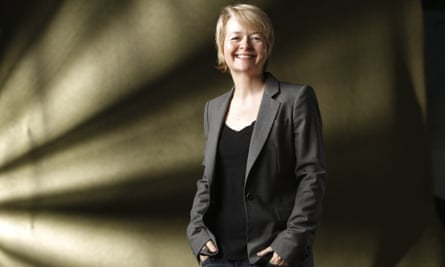
1. While you’re writing, read like mad – but read analytically. You will never be able to put a book together without an understanding of how other books work. I suspect that this is more a matter of instinct than anything else – but you can nurture that instinct by looking at other texts and thinking, ‘What’s successful here? What’s failing? And why?’
2. Don’t write for the market. Clue yourself up about what’s out there and what sells – and then forget it. The best novels are written with passion, not calculation. Your writing has to come from your heart, not from your desire to the Next Big Thing.
3. When you submit to an agent, be professional about it. Do your research: there’s a lot of advice available online, for example, about writing synopses and covering letters. Approach agents whose lists are a good match with your work. And don’t be squeamish or apologetic! Agents need books to survive, as do publishers. There is no reason why they shouldn’t want yours.
Ross Raisin – winner in 2009 for God’s Own Country
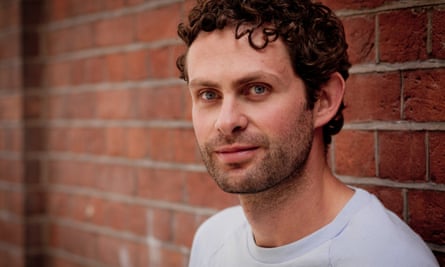
1. Make sure that you know why it is that you want to break into publication. And not to ask yourself this until after you have finished your book. Publication does not turn you, as if by magic, into a writer. You are already a writer. It’s important not to forget that.
2. Finish your book. This is the main piece of advice any author will give you. Whatever is your writing process, ensure that you have got to the very end of it – and are satisfied that you have honed each single word – before you begin to think about the whole other process of publication.
3. An agent who is prepared to represent you does not necessarily equate to the right agent. Even if only one shows any interest, the relationship has to be right for you, so make sure that you speak and meet with them until you are sure. And if you have an instinct that you do not fully trust their ability or desire to wholeheartedly invest their time and expertise in you and your book, then go back to point 1) and ask yourself again what it is that you are wanting to gain from publication.
Adam Foulds – winner in 2008 for The Truth About These Strange Times
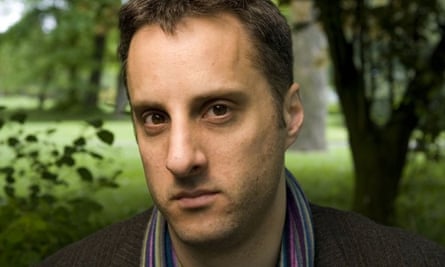
1. Think only about the work, about writing a book as good as you can make it. It helps to have the sensation that you are writing a book that doesn’t exist and that you, as a reader, would like to exist.
2. Surround yourself with kind and supportive people. Be kind and supportive to yourself.
3. Know your prerogatives as writer. Here’s a lovely sentence from AN Wilson’s biography of Tolstoy to remind you: “Tolstoy, like all true writers, carried his life about with him, created the very cocoon of observant detachment, indolence and sensuality in which a creative mind flourishes.”
(and 4. Once the work is done, look for an agent. There are plenty of guides to doing that online.)
Patrick French – winner in 1998 for Liberty or Death
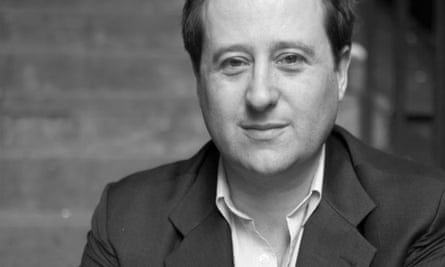
1. Believe in your talent, if you have it.
2. Ignore the peripheral.
3. Find a good editor.
Andrew Cowan – winner in 1995 for Pig
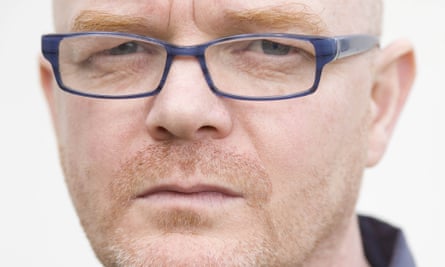
1. There’s no point in advising you to read because you wouldn’t be a writer unless you were already a reader, would you? Just don’t go reading the latest prizewinners and bestsellers in the hope of discovering what publishers are looking for. By the time your book is written, they’ll be looking for something else.
2. Expect it to be hard. Expect the achievement to fall short of the ambition, but stay true to your ambition: be dogged, keep going.
3. Join a reputable MA programme. You’ll not only find a community of readers – which is, as Bernard Malamud said, a miraculous thing – but access to agents and publishers, who are actively looking to recruit new writers from the best courses.
Helen Simpson – winner in 1991 for Four Bare Legs in a Bed and Other Stories
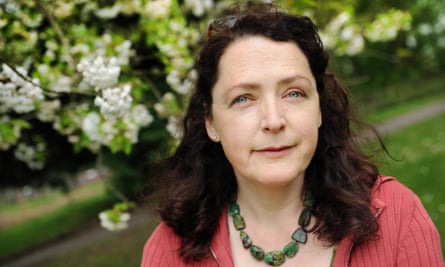
1. Be brave, be honest and only write what you want to write, not what you think you ought to write.
2. Get used to your own company and to working on your own.
3. Keep at it!
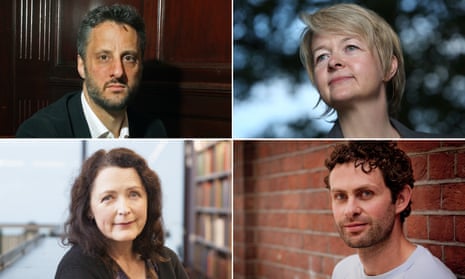
Comments (…)
Sign in or create your Guardian account to join the discussion